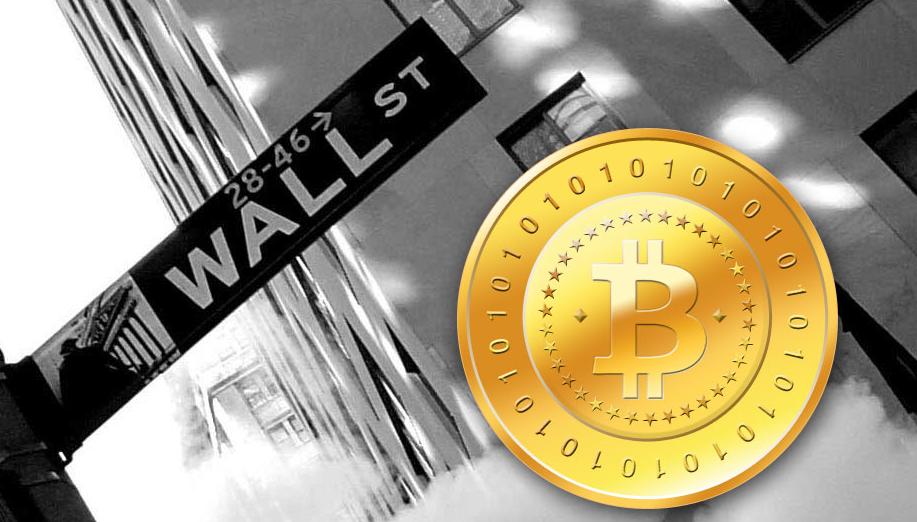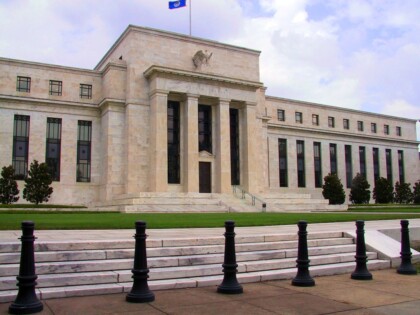
If the United States federal government or the Federal Reserve won’t take matters into their own hands when it comes to the cryptocurrency industry then states will be doing on it their own. That appears to be the message that some states are sending to Washington in relation to bitcoin and other digital currencies.
According to a report in The Tennessean, Greg Gonzales, Tennessee’s top banking official, has entered into a task force that will study, observe and understand the growing usage of bitcoin and other virtual currencies.
Called the Emerging Payments Task Force, it will be encompassing nine state bank regulators that will look at how new electronic payment systems impact consumer protection legislation and on the overall financial industry. The purpose of the initiative is to coalesce various state regulators with payment experts and bitcoin users to outline the benefits and risks of alternative currencies.
“It’s important for us to look at what’s happening, to see how that impacts all these institutions we regulate,” Gonzales told the news outlet. “One of the practical things we want to accomplish is being able to provide advice to the public with respect to virtual currencies.”
Gonzales further explained that the task force will lay out the hazards of regulation as well as the need to offer a safe economy for consumers. Although he conceded that there could very well be opportunities with bitcoin, it has been widely reported that there have been illicit transactions and criminal activities involving the cryptocurrency.
“You don’t want to stop innovation — innovation that may support speed, lead to convenience, lower costs,” he said. “At the same time, for our department and other agencies, one of our primary missions is to support public confidence in the financial services system.”
So far, the group has held two meetings and is planning a public hearing in May in Chicago, Illinois. The main topics of the hearing will focus on virtual currencies and the potential of new currency technologies.
Action Taken Against Bitcoin
During a Senate Banking Committee hearing in late February, Fed Chair Janet Yellen told lawmakers that the central bank does not have the authority to regulate or supervise bitcoin. She did concede that she had concerns the digital currency was being used for crime but recommended Congress take legislative and regulatory action.
Yellen confirmed that the central bank was looking into the matter of bitcoin.
Her remarks came as West Virginia Democratic Senator Joe Manchin urged Yellen, Treasury Secretary Jack Lew and other public officials to issue a ban on bitcoin because it was being “disruptive to our economy.”
About a week before Yellen delivered a speech to the committee, Lew confirmed at the World Economic Forum that bitcoin regulations were coming.
“As a policy matter, what we have to look at across all the different forms of payment is that the same rules apply, it’s a level playing field,” he said. “Just as with cash or checks, if there’s virtual currency or online payment methods, they’ll have to comply with all the same laws that everybody else complies with. It’s not going to be ok to do elicit activity, whatever form of currency you’re using.”
Instead of waiting for Washington to take action, some states have begun to implement regulations. In March, New York became the first state to begin regulatory action by working on a plan to require companies that want to be involved with bitcoin to submit formal applications.
Benjamin Lawsky, the New York Superintendent of Financial Services, said a formal application process would be an antecedent to regulations it plans to propose by the end of the second quarter of this year.







